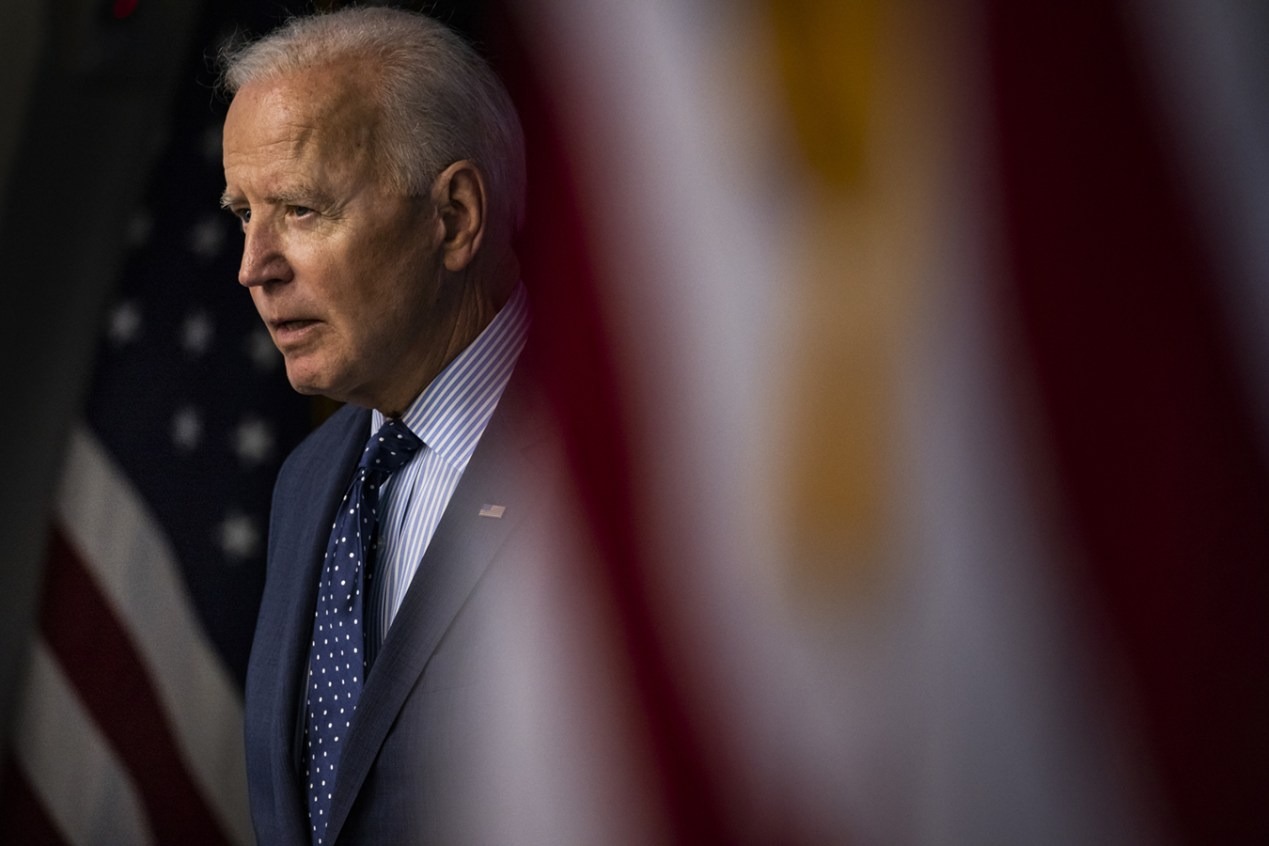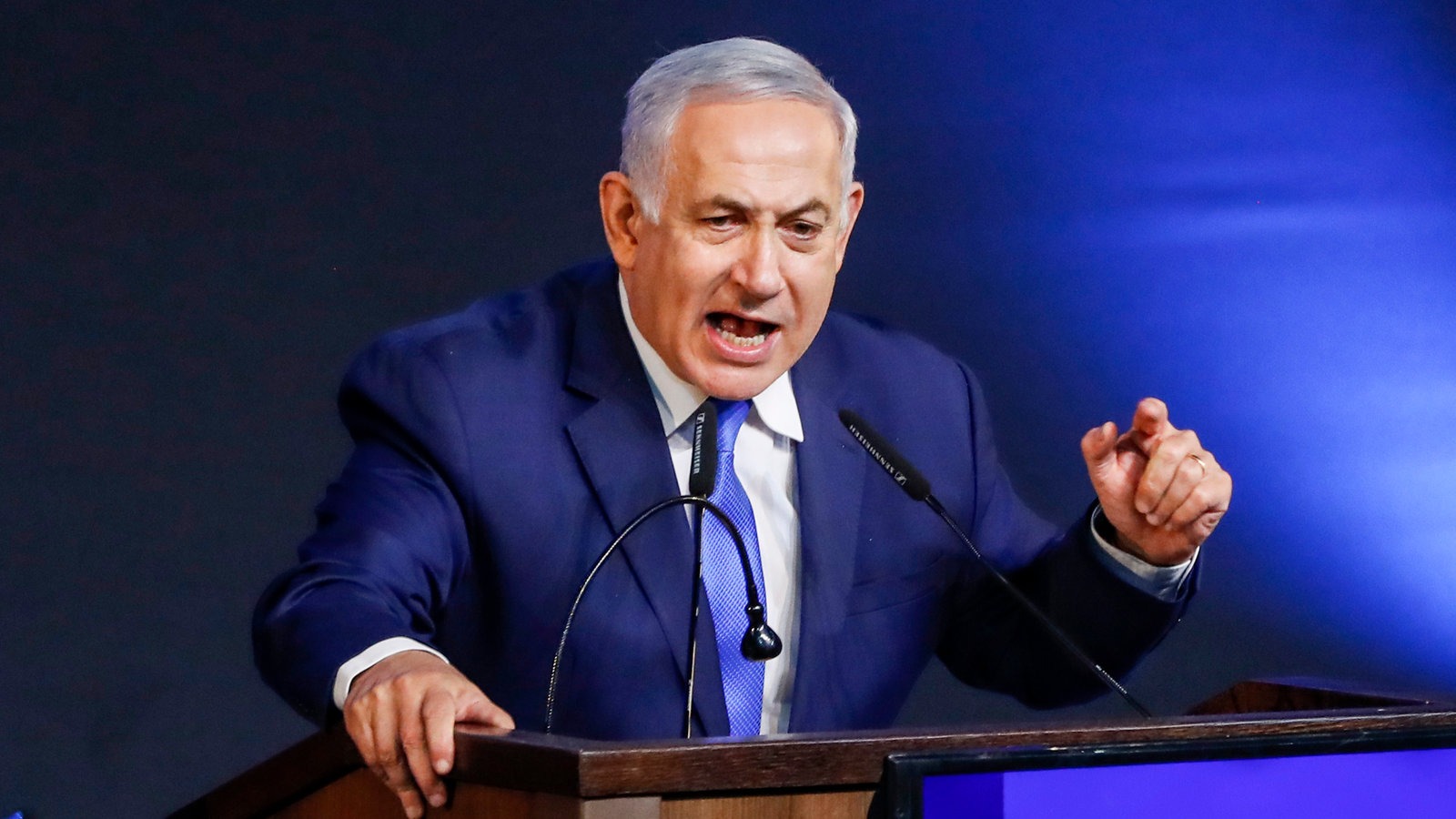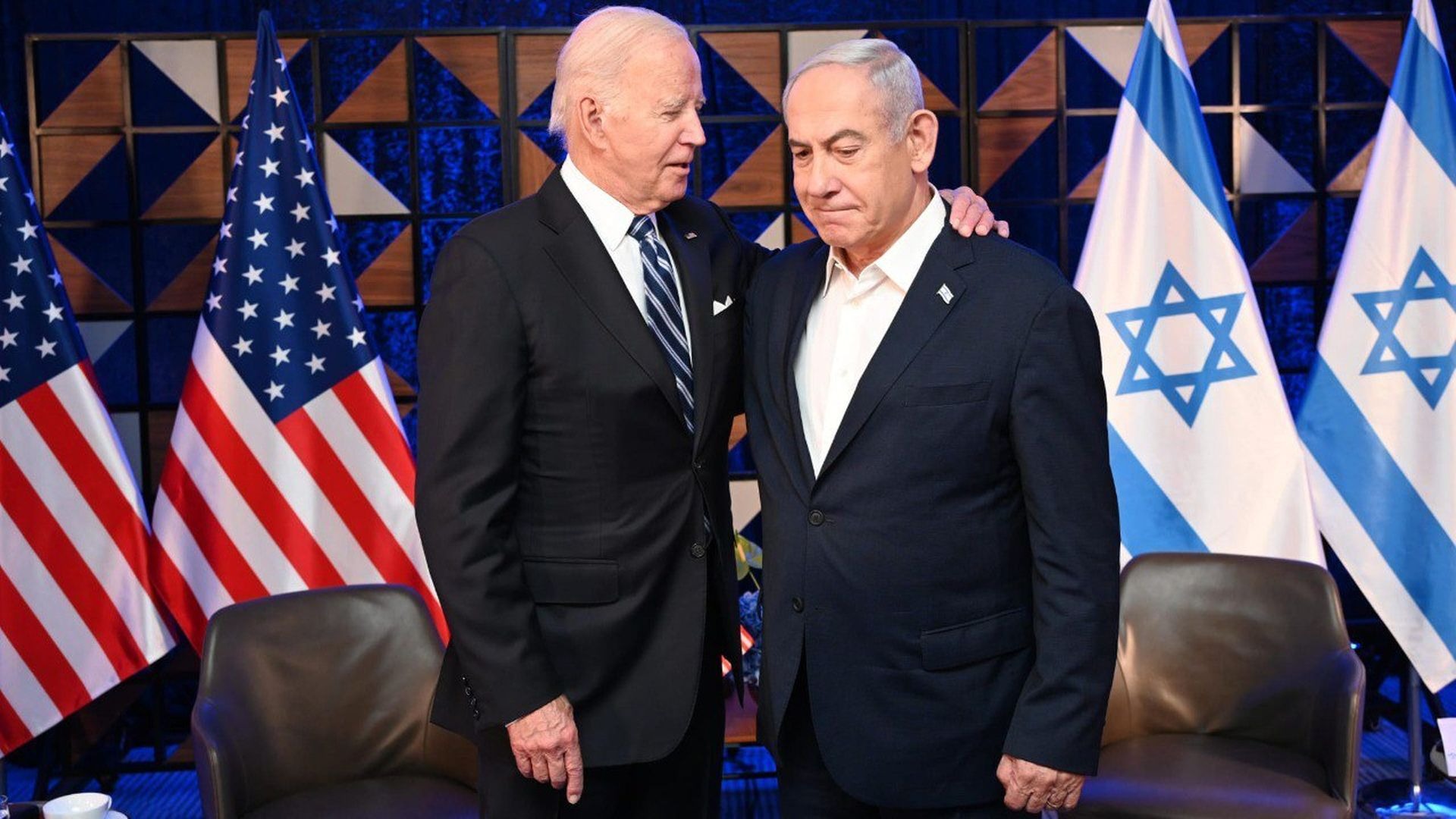In response to escalating tensions and recent violence, the Biden administration is focused on containing the conflict between Iran and Israel, preventing it from spiraling into a broader regional war.
The primary objectives outlined by the U.S. include securing a ceasefire, ensuring the release of hostages, and facilitating humanitarian aid to Gaza, aiming to address the immediate crises stemming from the Israeli-Palestinian conflict which has drawn Iran into a direct confrontation with Israel.
The diverging approaches of the U.S. and Israel towards the conflict in Gaza and the broader Israeli-Palestinian issue highlight a growing policy rift. The U.S. strategy appears to prioritize diplomatic engagement and conflict resolution, contrasting with Israeli tactics that have often leaned towards military solutions.

United States President Biden (Credits: KFF Health News)
This strategic dissonance is becoming increasingly untenable, especially in light of the Oct. 7 Hamas attacks and the intense Israeli retaliation that followed, exacerbating the humanitarian situation in Gaza.
Internally, Israel faces political challenges, including serious public opposition to Prime Minister Netanyahu’s continuation in office, leading to calls for early elections.
This domestic instability is mirrored by an outstanding shift in U.S. public opinion, where a majority now questions the appropriateness of Israel’s military actions in Gaza. Such sentiments have been echoed by key U.S. political figures, including Senate Majority Leader Chuck Schumer, who has expressed unprecedented criticism of Netanyahu’s policies.
Further complicating matters, the Abraham Accords, while successful in advancing diplomatic relations between Israel and several Arab states, did not address the foundational issues of the Israeli-Palestinian conflict, particularly the “land for peace” principle, leading to increased diplomatic and economic costs for normalization, especially among Gulf states.
The policy of deterrence and containment of Hamas, long a staple of Netanyahu’s approach, has visibly failed, as demonstrated on Oct. 7.

Benjamin Netanyahu (Credits: The New York Times)
The continuation of this strategy, alongside Netanyahu’s focus on the Iranian threat and opposition to the U.S.-led nuclear deal with Iran, has not only strained U.S.-Israel relations but has also failed to alter Iran’s regional influence or its proximity to nuclear capabilities.
Addressing the Palestinian issue could undermine Iran’s regional influence by removing a major point of contention that Tehran and its allies exploit. However, the Palestinian leadership itself is fraught with challenges, including perceived corruption and ineffectiveness, which have eroded its legitimacy and hindered progress towards peace.
The U.S. is urged to articulate a clear and comprehensive policy vision for the Israeli-Palestinian peace process, moving beyond rhetoric to actionable steps.
This would involve securing a sustainable ceasefire, addressing humanitarian needs in Gaza, and setting a definitive political horizon for resolving the conflict, potentially stabilizing the region and reducing the scope for further escalations.























